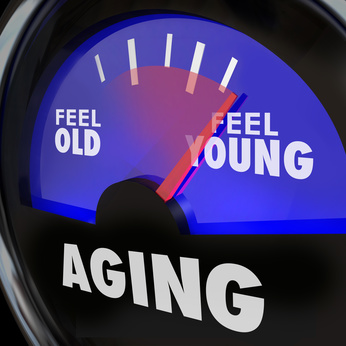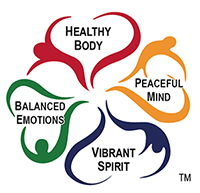
Adults can experience very different rates of aging, setting the stage for either premature or delayed aging.
Recently published research focused on the rate of aging among young adults in New Zealand. Investigators measured changes in 18 different biological markers related to immune health, cardiovascular health, gum health, lung, kidney and brain functioning, metabolism and physical fitness, among others.
By the age of 38, approximately 24 percent of participants aged faster than average and about 30 percent experienced significantly slower aging. Individuals who aged faster also perceived themselves to be in poorer health than peers. In other words, people who were aging faster physiologically and metabolically, recognized they had a problem.
Are you aging fast or aging slow?
Put another way, do you consider yourself to be in excellent health, poor health or somewhere in between?
If you see yourself less than optimally healthy, and have not been able to reduce stress, lose weight, eat healthier or be more physically active, then you may be aging prematurely.
Your insights, a starting point to slow the aging process?
Perceptions represent ideas, and those can be changed. In this light, shifting negative thoughts about health and well-being become a starting point for changing unhealthy habits.
Cognitive flexibility and insight can provide you with solutions for your unique challenges. Insights can help you resolve health-related problems when you see them in a new light. As an example, “I never realized it before, but I overeat when I feel controlled.”
Let insights help you break free of old ways of doing things that no longer serve you – and make healthier choices.
Not only can you begin to reduce stress, eat better, exercise more, and manage your weight, using insights you can also elevate your mood, energy level and self-esteem.
What helps stimulate insights?
Look through the lens of the Wellness Blossom and explore the physical (body), mental (belief, thought patterns), spiritual (the bigger perspective) and emotional (feelings) dimensions of your unique life for a fresh awareness that may have eluded you.

Insight Builder
Imagine standing at the center of this beautiful flower. The center of this flower represents your freedom from old, non-supportive habits.
Looking outward from your center, can you see yourself surrounded by an array of glowing, colorful petals? Which petal will you explore first, to open the door to seeing and living your life in a new way?
[Source: Belsky, DW et al. Quantification of biological aging in young adults. Proceedings of the National Academy of Sciences. E pub ahead of print, July 6, 2015]






